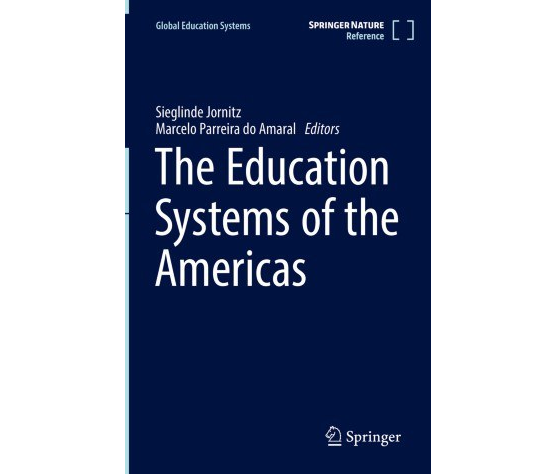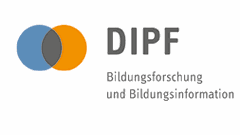Handbook: The Education Systems of the Americas

Each chapter starts with a description of the historical and social foundations of the education system from the post-World War II period up to today, including its political, economic and cultural contexts and conditions. The current education system can be understood as resulting from past developments. This part is rounded out with a description of the transitions to the labor market that are offered and how these are organized.
The main objective of the Handbook is to provide a comprehensive up-to-date compendium of the education systems that provides information on structure, organization and operations as well as an overview of the historical development and a discussion of recent trends in education in the particular countries of the three Americas.
Objective and Scope
In the contemporary globalized context of education policy and research, it has become virtually commonplace to compare education in one country with that of others. Currently, a high degree of political, economic and sociological attention is being paid to how education systems are structured, organized, how they operate, and in particular what the outcomes/effects and problems are. Indeed, meaningful comparisons of education worldwide require systematic knowledge and deep understanding of historical, social, economic and cultural foundations of a specific educational system. Comparing requires us to analyze and interpret educational phenomena and data taking into account first of the specific national traditions and characteristics of an education system before relating them to other countries. Only such contextual knowledge enables us to understand how education systems have been shaped across the world regarding institutions, processes, and practices, thus doing justice to the uniqueness of each while at the same time recognizing functionally equivalent patterns, general structures, and common issues.
Against this background, a compendium of education systems will certainly make a great contribution both to students and scholars in the field of education and the social sciences who seek concise and systematic knowledge about education in a particular country.
The compendium is research-based and well suitable for teaching and practice.
Projektfinanzierung
Eigenmittel
Springer-Verlag
Projektteam
Als Herausgeber:
Dr. Sieglinde Jornitz
Prof. Dr. Marcelo Parreira do Amaral
Projektdaten
Status: Abgeschlossen
Laufzeit: 2016 - 2022
